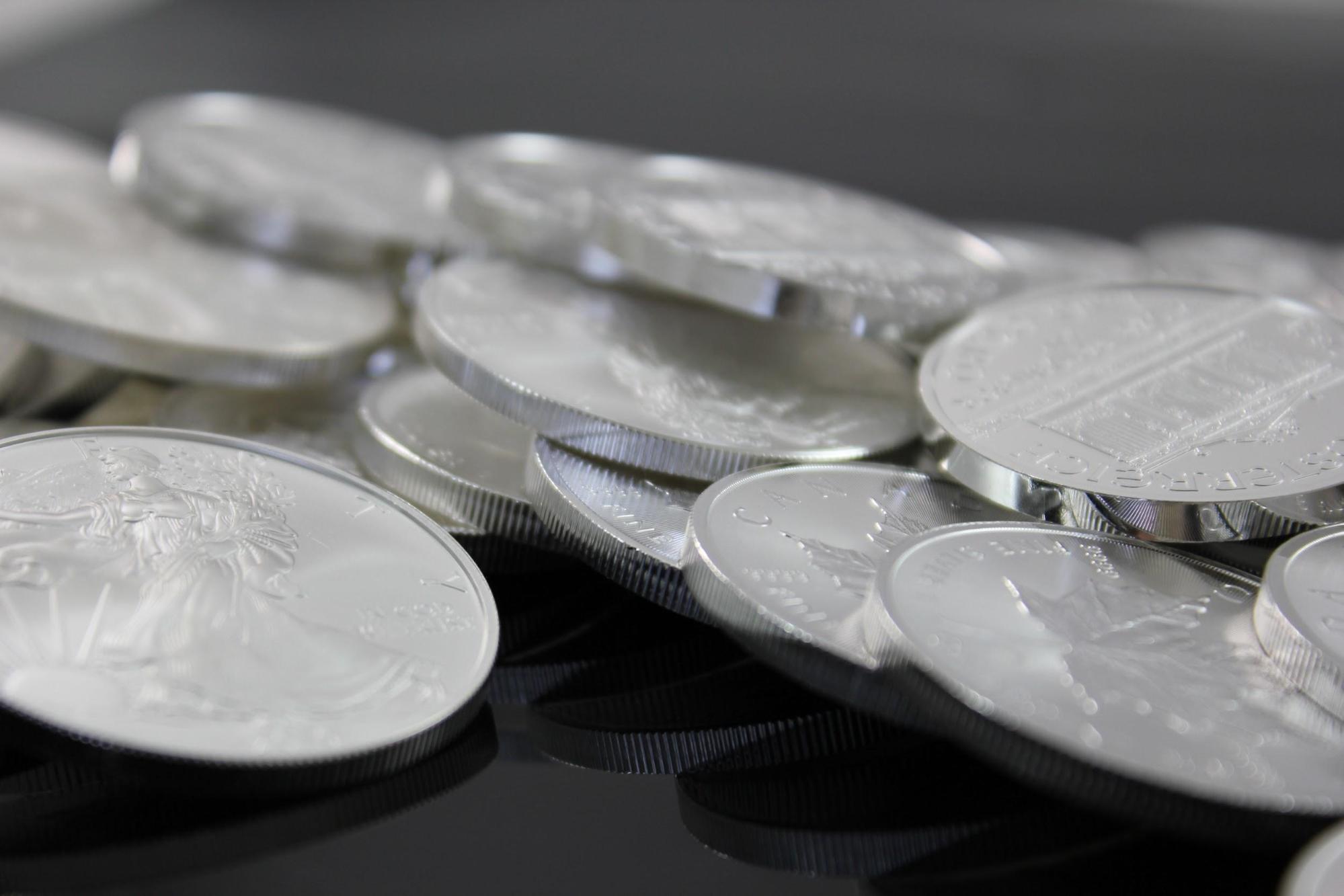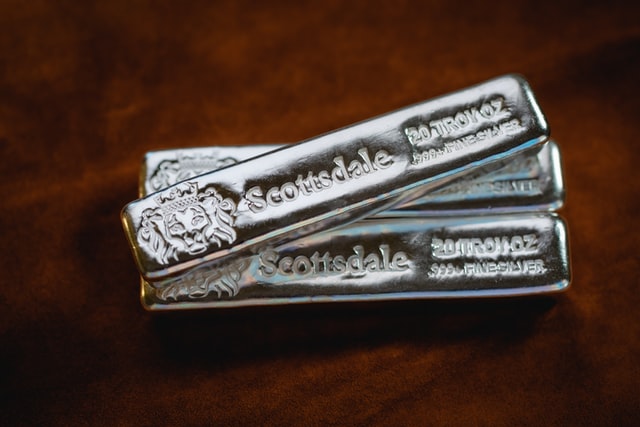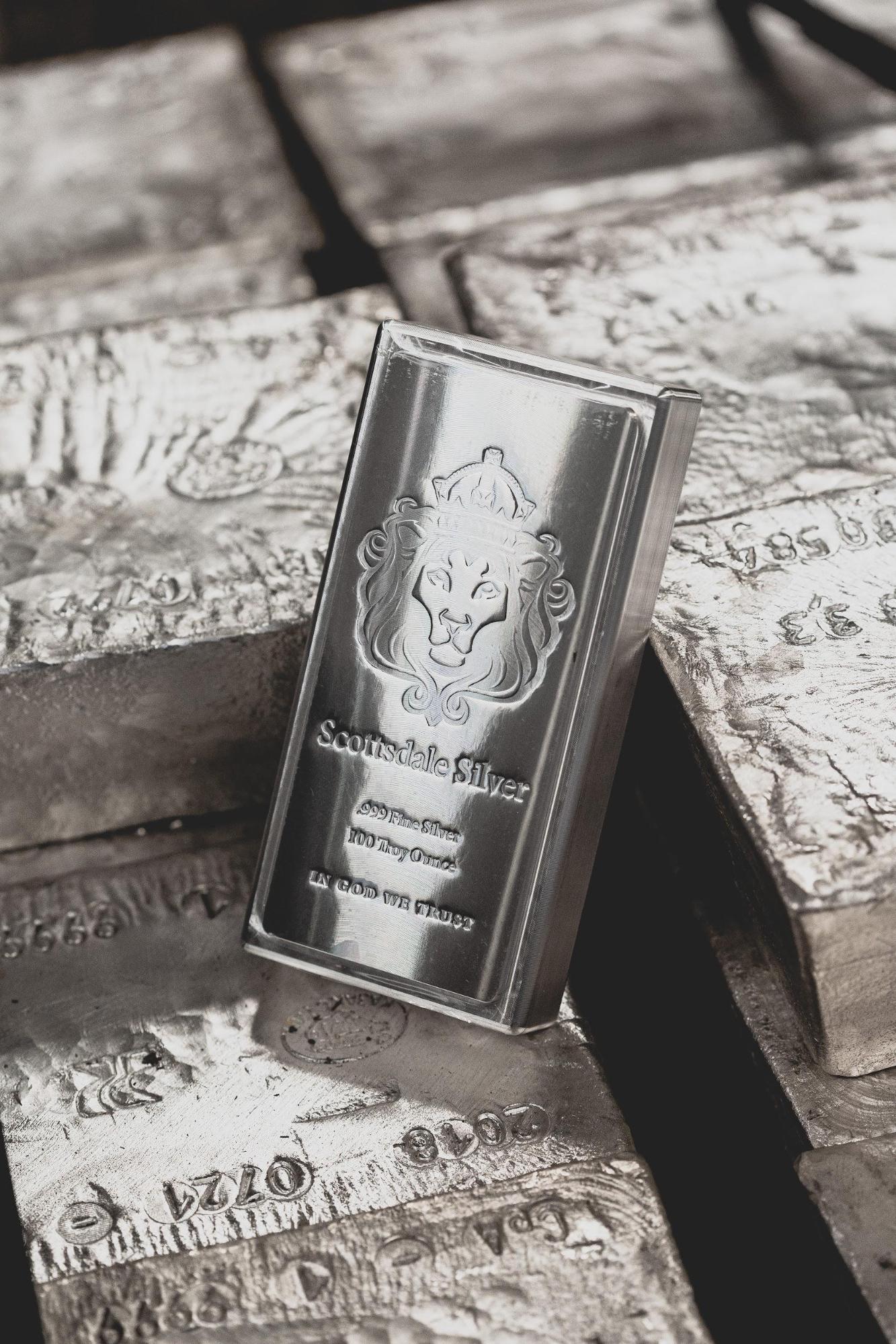Silver is a precious metal used for centuries in various forms of currency, jewelry, and other luxury items. However, silver has far more practical applications, making it an essential component in our daily lives. As a result, silver plays a vital role in many aspects of modern society, from electronics to medicine. This article will explore some of the most common uses of silver in everyday life and highlight why it is a valuable resource.
Silver in Electronics
One of the most important uses of silver in everyday life is electronics production. Silver has unique electrical and thermal conductivity properties that make it a critical component in manufacturing various electronic devices. For example, in computers, silver produces the electrical contacts that connect the different parts, including hard drives, memory modules, and processors. In addition, silver is used in the production of touch screens, batteries, and other electrical components in smartphones.
Additionally, silver is an essential component in the production of solar panels. The electrical conductivity properties of silver make it an excellent material for busbars, which are responsible for conducting electricity from the photovoltaic cells to the electrical inverters. In doing so, silver helps to maximize the energy conversion efficiency of solar panels and increase their overall power output.
Another application of silver in electronics is producing electrical switches and connectors. Silver has high conductivity and low resistance, which makes it an ideal material for electrical contacts that must withstand repeated use and high electrical loads. Silver is also used to produce electrical wiring, which is utilized to improve the electrical conductivity and durability of the wires.
Silver in Medicine
Silver is also an essential component in the medical industry. Silver has been used as an antiseptic and antibacterial agent for centuries, and it is still widely used in treating wounds and burns. In addition, silver is an excellent antimicrobial agent and can effectively kill many bacteria, including those resistant to antibiotics. As a result, silver is used in various medical applications, including wound dressings, catheter tubes, and bandages.

Another medical application of silver is in the production of dental fillings. Silver amalgam, a mixture of silver, mercury, tin, and copper, is commonly used in dentistry as a filling material. Using silver in dental fillings helps prevent the growth of bacteria, which can cause tooth decay and gum disease.
Silver is also used in the production of surgical instruments and medical devices. Silver’s excellent thermal conductivity and durability make it an ideal material for producing surgical tools, such as scalpels and scissors. Silver is also used in producing medical devices, such as pacemakers and electrocardiogram (ECG) electrodes, whose electrical conductivity properties are essential.
Silver in Jewelry and Currency
Silver has been a precious metal in jewelry and currency for centuries. In jewelry, silver is used to produce a wide range of items, including necklaces, bracelets, earrings, and rings. Silver is also commonly used in producing silverware, such as cutlery and serving dishes, as well as in producing gifts and decorative items.

In currency, silver has been used for centuries as a form of money. Silver coins were the standard currency for hundreds of years in many countries. In addition, silver is still widely used to produce coins and bullion, which serve as a value and investment asset store.
Silver in Photography
Silver is also an essential component in the photography industry. In the production of traditional photographic film, silver is used as a light-sensitive material that captures the image on the film. Even today, some professional photographers still prefer traditional silver-based film due to its high image quality and versatility. In addition to its use in traditional film, silver is also used in producing modern digital cameras.
Silver in Glass and Mirrors
Silver is also used in the production of mirrors and glass. Silver-coated mirrors are highly reflective and provide an apparent reflection. This makes them ideal for use in bathroom mirrors and in scientific and optical applications. In scientific applications, silver-coated mirrors are used for focusing and directing light and in spectroscopy and other visual techniques.

In glass production, silver is used as a coating material to improve the reflectivity and thermal efficiency of the glass. In addition, silver-coated glass is commonly used in producing energy-efficient windows, which help reduce heat loss and improve the overall energy efficiency of a building.
Silver in Automotive and Aerospace Industries
Silver is also used in the automotive and aerospace industries. In automobiles, silver is used as a catalytic converter, which helps reduce harmful emissions by catalyzing the reaction between toxic gases and air. Silver is also used in the production of batteries, where its electrical conductivity properties are essential.
In the aerospace industry, silver is used to produce high-temperature alloys and coatings. Silver-coated materials are used in spacecraft production, which help provide thermal protection and reduce heat transfer. Additionally, silver is used in producing electrical components, such as electrical wiring and connectors, which are critical to the safe operation of spacecraft.
Silver in Jewelry and Fashion Accessories
Silver is a popular metal for use in jewelry and fashion accessories. It is a versatile metal that can be easily molded and shaped into intricate designs, making it a popular choice for creating elegant and stylish jewelry pieces. In addition, silver is a relatively affordable metal compared to gold and platinum, making it accessible to a broader range of consumers.
Silver in Health and Medical Applications
Silver has antimicrobial properties, which makes it an essential metal in the medical field. Silver-coated medical devices, such as wound dressings, catheters, and artificial joints, help to reduce the risk of infection and prevent the spread of disease. Silver is also used in producing water purification systems, which helps kill harmful bacteria and keep water safe for consumption.
Silver in Energy Generation and Storage
Silver is used in producing solar panels, which helps improve the panels’ efficiency and performance. Silver is also used as a material in the production of batteries, where its electrical conductivity properties make it an essential component in the production of rechargeable batteries. These batteries are used in various applications, including portable electronics, electric vehicles, and energy storage systems.
Silver in Industrial Applications
Silver is used in a variety of industrial applications, including the production of electrical switches, circuit breakers, and electrical contacts. Silver’s electrical conductivity properties make it an essential component in many industrial processes, where it controls electrical current and regulates the flow of electricity. Silver is also used to produce conductive inks with printed circuit boards and other electronic components.
 Silver in Agricultural Applications
Silver in Agricultural Applications
Silver is also used in the agricultural sector, where it helps to improve crop yields and reduce the use of harmful pesticides. Silver-coated seeds are used in the production of crops, where they help to prevent the spread of disease and increase the overall health and productivity of the crops. Additionally, silver-coated netting is used to protect crops from harmful insects, reducing the need for toxic pesticides and helping to promote sustainable agriculture practices.
Silver in Food Packaging
Silver is used in producing food packaging materials, where its antimicrobial properties help keep food fresh and safe for consumption. In addition, silver-coated packaging materials, such as bags and containers, help to prevent the growth of harmful bacteria and keep food fresh for longer. This helps reduce food waste and improve the overall quality and safety of our food.
Silver in Water Purification
Silver is used in purifying water, where its antimicrobial properties help kill harmful bacteria and prevent the spread of disease. Silver-coated water filtration systems are used in homes, businesses, and communities to provide clean and safe drinking water. Additionally, silver is used in the production of water purification tablets, which are used to treat water in emergencies, such as natural disasters or during camping trips.
Silver in Textiles and Clothing
Silver is used in producing textiles and clothing, where its antimicrobial properties help reduce the growth of bacteria and odors. In addition, silver-coated clothing, such as athletic wear and underwear, helps to keep the wearer fresh and reduces the risk of skin irritation and infections. Silver is also used in the production of military and outdoor clothing, where its thermal conductivity properties help regulate body temperature and keep the wearer comfortable in extreme conditions.
Silver in Art and Decoration
Silver is used in producing fine art and decorative objects, where its beauty and versatility make it a popular material for artists and craftspeople. Silver is used in creating intricate sculptures, jewelry, and other decorative objects, as well as in the production of silverware and tableware, such as cutlery and serving dishes. The beauty and durability of silver make it an ideal material for use in art and decoration, where it will continue to be valued and appreciated for generations to come.
Silver in Coin Production
Silver is used to produce coins, valued for its rarity and beauty. Silver coins are used as a store of value and for their beauty and collectibility. In addition to being used as currency, silver coins are also collected as a form of investment, where their value can appreciate over time. Whether as a store of value or a collectible, silver coins will continue to play an essential role in our daily lives and the world of numismatics.
Silver in Mirrors and Optics
Silver is used in the production of mirrors and optics, where its reflectivity properties make it an ideal material for use in these applications. Silver-coated mirrors are used in various applications, including telescopes, microscopes, and laser systems, where they help to reflect light and improve the accuracy of these devices. Additionally, silver is used in the production of optical fibers, where it helps to transmit light and enhance the quality of communication and information transmission.
Silver in Automotive Applications
Silver is used in the automotive industry and is valued for its electrical conductivity and thermal properties. Silver is used in the production of batteries and electrical systems, where it helps to power electric vehicles and improve their efficiency. Additionally, silver is used in producing catalytic converters, which helps reduce emissions and improve the overall environmental performance of vehicles.
Silver in Electronic Devices
Silver is used in producing a wide range of electronic devices, including computers, smartphones, and televisions. Silver’s electrical conductivity properties make it an essential component in creating these devices, which helps improve their performance and efficiency. Silver is also used in the production of printed circuit boards, which helps connect and control the various components of these devices.
Silver in Aerospace Applications
Silver is used in the aerospace industry, where its high conductivity and thermal properties make it an essential material for spacecraft, satellites, and other aerospace applications. For example, silver is used in the production of electrical systems, batteries, and heat exchangers, which helps improve the performance and efficiency of these devices. Additionally, silver is used in producing spacecraft components, such as mirrors, lenses, and optical systems, which helps improve the accuracy and quality of these devices.
Conclusion
In conclusion, silver is a precious metal with a wide range of applications in our daily lives. Silver plays a vital role in many aspects of modern society, from electronics to medicine. Its unique properties, including its electrical and thermal conductivity and antimicrobial properties, make it an essential component in various industries. Silver is a valuable resource that will continue to play a vital role in our daily lives, whether as a store of value, a material for producing jewelry and currency, or a component of electronic devices
Silver remains the second-most popular precious metal for commodity investing, both in the United States and internationally. Since many silver bars and coins qualify for Self-Directed IRA inclusion, investors can protect their portfolio while staving off the IRS, too.
You can own real, physical silver bullion and store it in a tax-advantaged retirement vehicle. American Bullion can discuss your options and help you every step of the way. Our goal is to help you take control of your own finances, and we promise to be transparent, safe, and efficient in the process.
The post What is Silver Used for in Everyday Life first appeared on American Bullion.Original post here: What is Silver Used for in Everyday Life

No comments:
Post a Comment